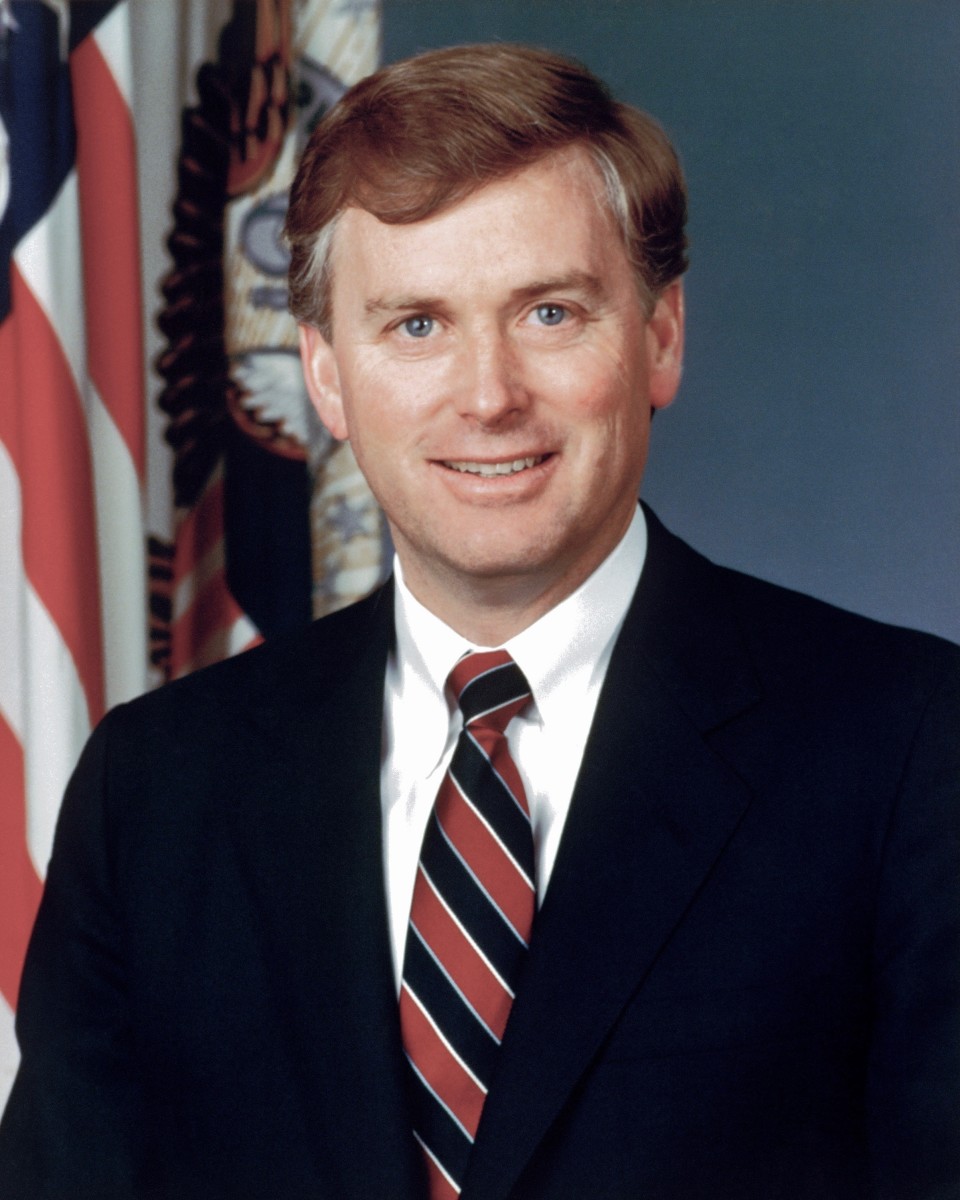Dan Quayle, the 44th Vice President of the United States, served under President George H.W. Bush from 1989 to 1993. His tenure was marked by significant political events and controversies that shaped the nation during a transformative period in American history. In this article, we will delve into Quayle's life, career, and the impact he had on American politics. By exploring various facets of his biography and contributions, readers will gain a comprehensive understanding of this influential figure.
The role of the Vice President has evolved over the years, and Dan Quayle's time in office reflects both the challenges and responsibilities associated with this position. He faced scrutiny and criticism, yet he also had moments of significant achievement and influence. This article provides an in-depth look at his background, political career, and the legacy he left behind.
As we navigate through Quayle's biography, we will highlight key events and decisions that defined his vice presidency. We will also discuss the public perception of Quayle, including the controversies that often overshadowed his accomplishments. By the end of this article, readers will have a well-rounded perspective on Dan Quayle and his contributions to American politics.
Table of Contents
- Biography of Dan Quayle
- Early Life and Education
- Political Career
- Vice Presidency
- Key Initiatives and Policies
- Controversies and Criticism
- Post-Vice Presidency
- Legacy and Impact
Biography of Dan Quayle
| Name | Dan Quayle |
|---|---|
| Date of Birth | February 4, 1947 |
| Political Party | Republican |
| Education | DePauw University (B.A. in Political Science) |
| Spouse | Marilyn Quayle |
| Children | Three |
Early Life and Education
Dan Quayle was born in Indianapolis, Indiana, and raised in a middle-class family. He attended DePauw University, where he earned a Bachelor of Arts degree in political science. His early involvement in politics began during his college years, where he developed a passion for public service and leadership.
Political Career
Quayle's political career began in 1980 when he was elected to the U.S. House of Representatives from Indiana's 4th district. He quickly gained a reputation as a young and ambitious politician, which eventually led to his election to the U.S. Senate in 1981. During his time in the Senate, Quayle focused on issues such as defense and education, building a profile as a conservative leader.
Vice Presidency
In 1988, Quayle was selected as George H.W. Bush's running mate in the presidential election. Their campaign focused on continuity from the Reagan administration, and they won the election, with Quayle taking office as Vice President in January 1989. His role as Vice President involved both diplomatic and legislative responsibilities, as he represented the administration on various fronts.
Key Initiatives and Policies
During his vice presidency, Quayle advocated for several key initiatives, including:
- Education reform aimed at improving standards and accountability in schools.
- Support for the military and defense, particularly during the Gulf War.
- Promotion of family values and social issues, which resonated with conservative voters.
Controversies and Criticism
Despite his achievements, Quayle faced significant criticism throughout his career. Some of the major controversies included:
- His infamous "potatoe" misspelling incident, which became a symbol of his perceived lack of intelligence.
- Criticism for his handling of various foreign policy issues.
- Public perception of being overshadowed by President Bush's leadership.
Post-Vice Presidency
After leaving office in 1993, Quayle remained active in public life. He authored several books, including a memoir, and took on various business ventures. Quayle also served on the boards of several organizations and continued to offer commentary on political issues.
Legacy and Impact
Quayle's legacy is mixed, with some viewing him as a dedicated public servant and others as a figure of ridicule. Nonetheless, his contributions to American politics during a pivotal time cannot be overlooked. His emphasis on education and family values continues to resonate in contemporary political discourse.
Conclusion
In summary, Dan Quayle's tenure as Vice President was marked by both achievements and challenges. His commitment to public service and conservative values played a significant role in shaping the policies of the late 20th century. We encourage readers to share their thoughts in the comments below, and to explore more articles on related topics.
Final Thoughts
Thank you for taking the time to learn about Dan Quayle and his impact on American politics. We hope this article has provided valuable insights and encourages you to return for more engaging content in the future.




